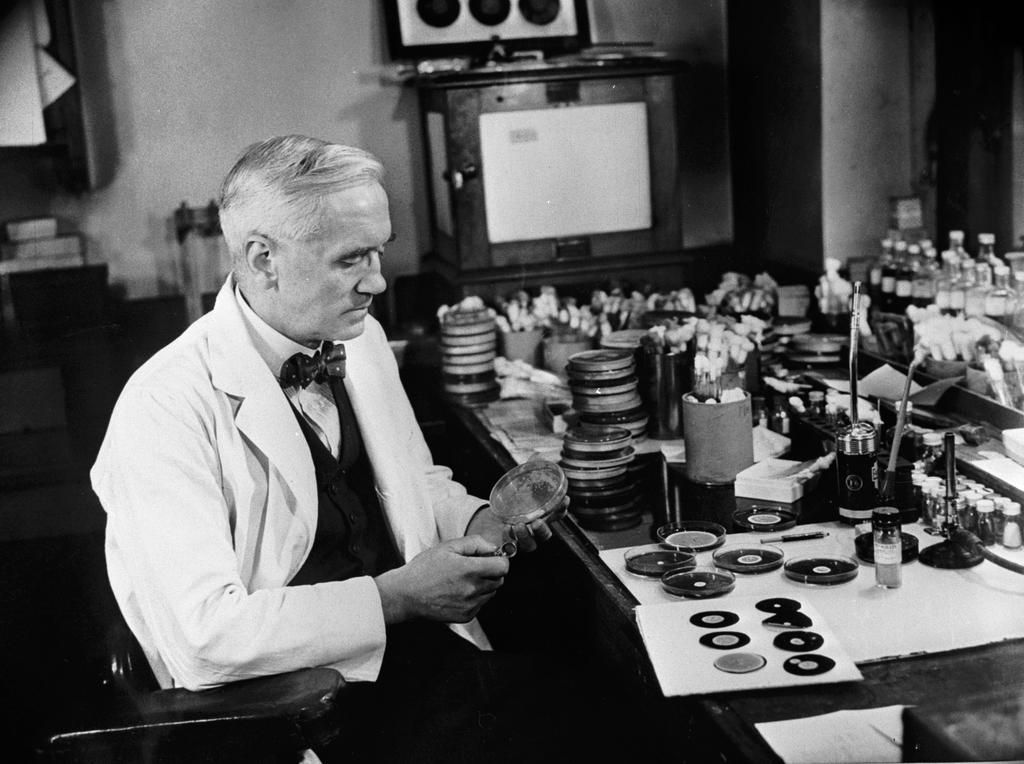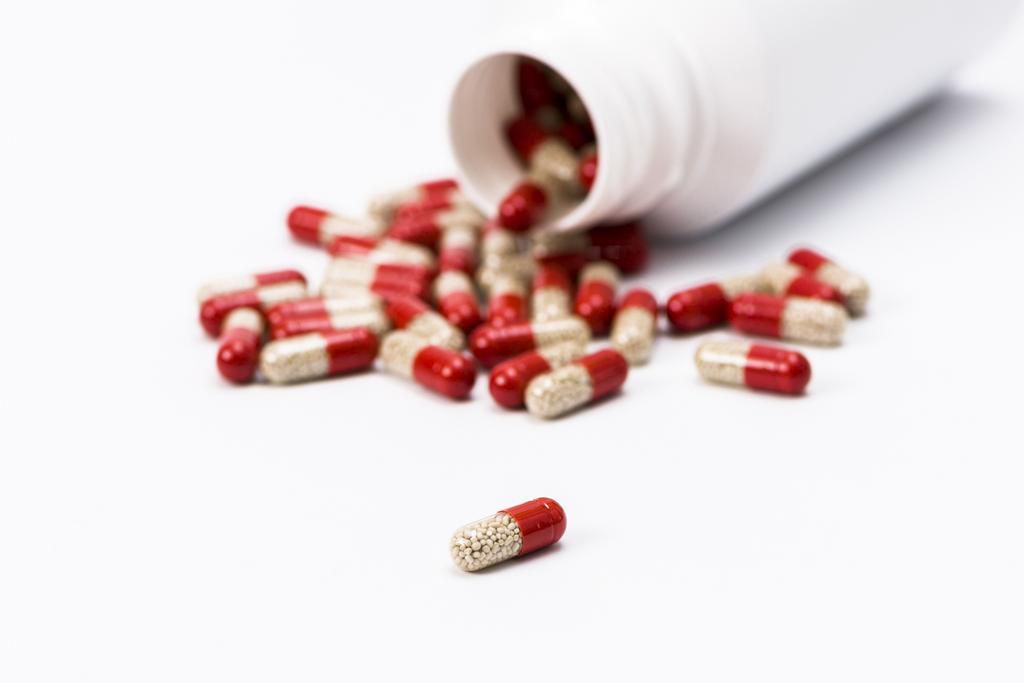The Fatally Slow Quest for Next-Gen Antibiotics
)
Then Dudley learned the detail that made his heart sink: The cause was bacterial sepsisa condition resulting from the bodys response to the chemicals it produces when fighting an infectionafter a staph infection had invaded his body.
Although Dudley, a San Diego Pharm.D. and infectious-disease specialist, knew all about out-of-control infections that could kill even healthy patients, his brother-in-laws death was a stark reminder that they can turn so deadly so fast, overwhelming the antibiotics we have to try to stop them.

Like so many experts in his field, Dudley has been living with a quiet anxiety about what could happen if the drugs we depend on to treat everything from pneumonia to gonorrhea to urinary-tract infections someday stopped working. Hes spent the past 14 years racing to develop new antibiotics at a time when microbes are mutating faster than ever to evade or resist the drugs we use to kill them.
This problem of antibiotic resistance is already bigger than anyone thought. Last November, the Centers for Disease Control and Prevention released a disturbing report: More than 2.8 million antibiotic-resistant infections occur in the United States each year, it said, and kill more than 35,000 people.
New drugs could help reverse the trend. Yet the industry that could save us from this threat is desperately broken. Big Pharma has abandoned the highly unprofitable antibiotic business in favor of more revenue-generating drugs for chronic diseases. That leaves a handful of smaller start-ups, like the company run by Dudley, Qpex, struggling to find investor funding, persuade hospitals to adopt the new discoveries, and get insurers to pay for them at a moment when the stakes couldnt be higher. Last year, the biopharmaceutical company Achaogen filed for bankruptcyless than a year after it had won FDA approval for a new antibiotic. Now the question is: Which will evolve and strengthen faster, the health-care system or the bugs?
Bacterial Backlash
Scientists have been sounding the alarm that antibiotics might fail us since 1947, when they first documented that certain bugs were resistant to penicillin. That was less than 20 years after British bacteriologist Alexander Fleming accidentally discovered the original antibiotic, in 1928. Before that, surgical wounds and pneumonia could easily turn lethal.

Its a natural part of evolution that infection-causing bacteria mutate to resist the effects of the antibiotics designed to eradicate them. That means the drugs inevitably become ineffective over time, but weve sped up that process by overusing them. By doing this with drug after drug, weve created superbugs that can be invulnerable to any antibiotic on the market.
The warnings about antibiotic resistance went largely ignored, the thinking in the 50s being that if penicillin stopped working, pharmaceutical companies were making enough other drugs that could just be swapped in instead.
Theres also chatter among health-policy experts about overhauling the way these drug companies are compensated. In whats called market entry reward, the government would pay companies based on how valuable their drugs are to society rather than how well they sell. Last year, the United Kingdom announced a five-year plan to try out such a model.
Former FDA head Scott Gottlieb, M.D., also suggested a model that would allow hospitals to pay a flat fee for a certain number of doses to create more financial incentives for companies to churn out more antibiotics. And in 2019, senators Johnny Isakson (a Georgia Republican) and Bob Casey (a Pennsylvania Democrat) introduced legislation that would make it easier for Medicare to pay for pricier antibiotics and send a signal to hospitals about their importance.
The latest crop of antibiotics in development wont come to market for several years. In the meantime, scientists are using next-generation genetic-sequencing tools to create a test that could identify a bacterial infection within hours instead of days, so doctors would know sooner which drugs might work best.

How many more deaths do we have to witness until then? As a society, were willing to pay hundreds of thousands of dollars for new gene therapies or the latest cancer treatments, says Dudley. But this is one of the biggest threats to human health right now. If we dont have effective antibiotics, any infection could turn deadly, the way it did for my brother-in-law.

)
)
)
)
)
)